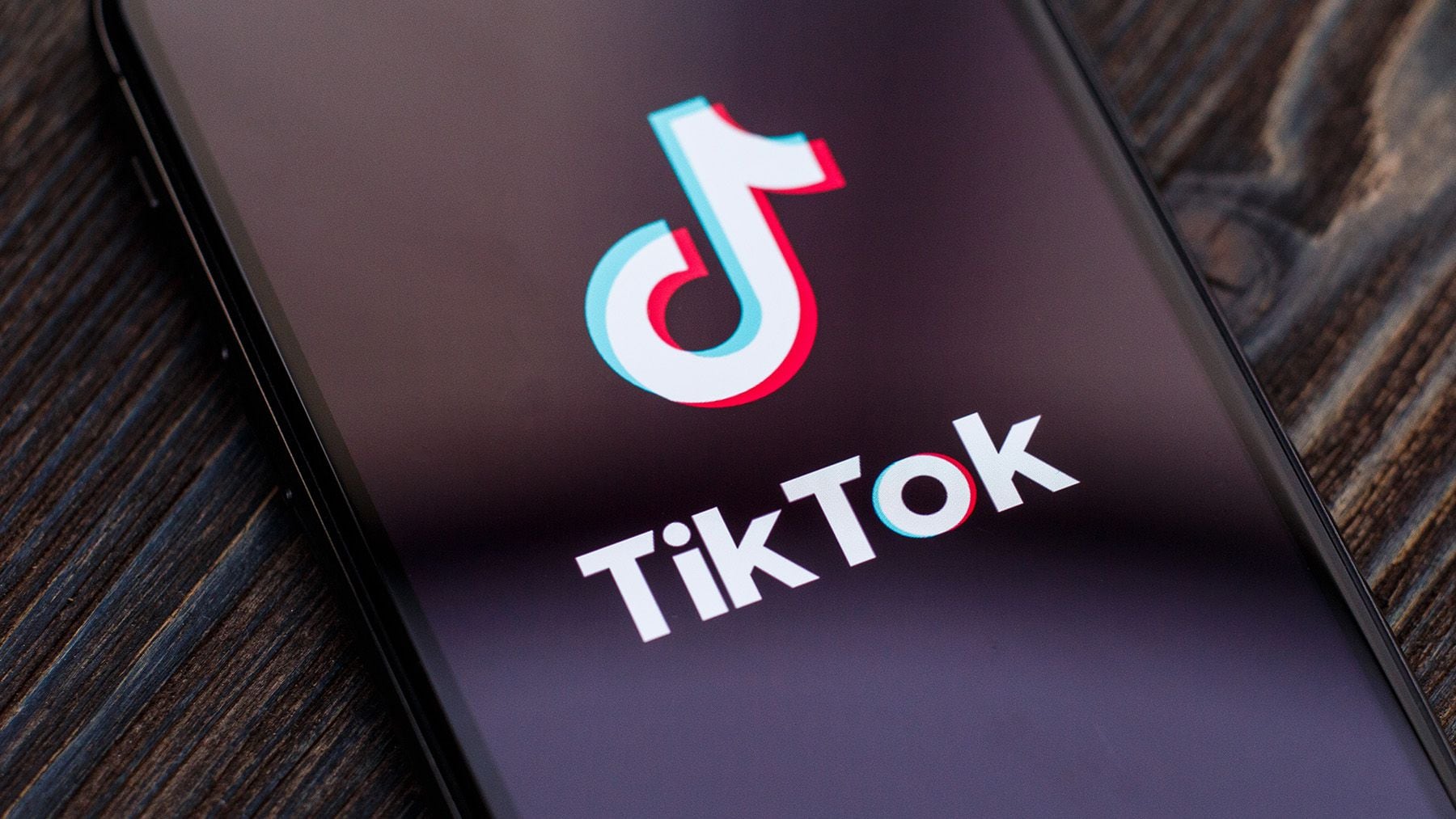
ByteDance Ltd.’s Hail Mary legal effort to avoid selling or shutting down TikTok relies on convincing a judge the social network will disappear entirely, squashing the free speech rights of millions of Americans.
The drawback to that argument is that the merest whiff of a deal to offload the app to new owners would fatally undermine the case. No free speech is lost if TikTok merely changes hands, a judge might say.
But credible reporting has shown that ByteDance has considered a sale in some form — because of course it has. It would be insanity not to consider what value can be salvaged from the “end” of TikTok.
Potential suitors might want to think long and hard about what they’re getting into, though. The short history of the internet has demonstrated that picking up a secondhand social network rarely works out well for new owners.
The most famous — and, let’s face it, funniest — example is News Corp.’s acquisition of MySpace, announced in 2005, for $580 million in cash. The site had 16 million daily active users, which, before Facebook, was a huge deal. MySpace was seen as an epicenter of culture, particularly music. Rupert Murdoch was buying a product that one Morgan Stanley analyst predicted could be as important to News Corp.’s digital ambitions as “The Simpsons” was to building the Fox TV network.
However, the late media columnist David Carr cut through the hype, as he always did. “Mr. Murdoch has become the dad at the teenagers’ party,” he wrote, “working hard to fit in.” By 2008, Facebook had overtaken MySpace globally. Attempts to modernise its messy design backfired, and spam spread like weeds. The site was on a steady downturn and was eventually sold in June 2011 for $35 million — a $545 million loss. A “huge mistake,” Murdoch would say later. D’oh!
There was also Tumblr. The network — which featured short posts, a midway point between a blog and a tweet — was sold to Yahoo for $1.1 billion in 2013. Tumblr users tried to derail the deal, launching a petition that reached 170,000 signatures. The executives knew better, naturally, but three years later, they wrote off $712 million in value. Stuffing Tumblr full of advertising didn’t work. The site was later offloaded to web software maker Automattic for a reported $3 million.
I can go on. Bebo, loved in the UK and pretty popular elsewhere, sold for $850 million to AOL in 2008, putting the company in a “leading position in social media,” according to AOL chief executive officer Randy Falco. It was a flop, described by the BBC’s technology correspondent as “one of the worst deals ever made in the dot-com era.” Bebo was sold to a private equity firm and then later sold back to its founders for $1 million.
LiveJournal was another victim. Its sale in 2007 to a Russia-based media group eventually meant moving its servers to that country and bending its policies to comply with Russian law. As such, what had mostly been a forum for angsty teenagers to express themselves is now, these days, more of a place for a much smaller Russian community.
Is it impossible to buy a ready-made social network and make it work? No — there are examples a TikTok buyer might think it can emulate. LinkedIn, acquired by Microsoft Corp. in 2016 for about $25 billion, is one. In its last full year as an independent company, LinkedIn’s revenue was $2.99 billion. Last year, it generated $15.15 billion. Another is Instagram, bought by Facebook for $1 billion in 2012, now Meta Platforms Inc.’s primary growth engine that keeps it remotely relevant with people younger than 40.
In both of these cases, the buyers were a strong fit. Each already had the culture and expertise to make the transition work, and the key pillars of what made those networks successful remained in place. At Instagram, for instance, co-founders Kevin Systrom and Mike Krieger stayed on board with the company for an unusually long time after the deal closed.
A TikTok sale would have more in common with the secondhand failures than the successes. The current regulatory environment makes it seem unlikely a large US tech company, one that could build on TikTok’s progress, would be allowed to buy it (though who knows, faced with the shutdown of the app, maybe regulators would wave a deal through).
Successful social media acquisitions require keeping both talent and technology in place. With TikTok, neither is likely to happen. China will most likely block any transfer of TikTok’s celebrated algorithm, and it’s unclear what would happen with the company’s top US-based engineering talent in the event of a sale. The buyer risks getting little more than a brand name. Valuable, yes, but a shadow of what TikTok is now.
By Dave Lee



